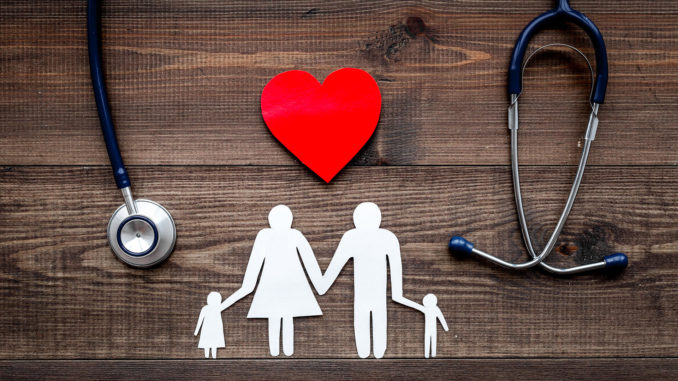
It’s advisable to have a conversation about any concerns regarding chemotherapy and sexual activity with your doctor, who is well-versed in your unique circumstances. Generally, engaging in sexual activity during chemotherapy is typically acceptable if you’re feeling well enough.
Numerous factors can impact decisions regarding chemotherapy and sexual activity. Here are some factors to take into account:
- Cancer Type: Cancers affecting the genital region might necessitate special precautions when it comes to sexual activity. Following a procedure or therapy that affects the genital area, your doctor might recommend refraining from sexual activity until the healing process is complete.
- Chemotherapy Type: Specific types of chemotherapy can bring about changes in the vaginal lining, increasing the likelihood of vaginal injuries during intercourse. This might introduce normal skin or genital tract bacteria into your bloodstream. If your chemotherapy diminishes your white blood cell count, your immune system might not effectively combat these bacteria. Your doctor could advise against sexual intercourse until your white blood cell levels return to safe levels.
- Platelet Count: If chemotherapy leads to a low platelet count, engaging in intercourse could result in bleeding. If your platelet count is exceptionally low, severe bleeding could occur.
- Pregnancy Risk: Pregnancy is strongly discouraged during chemotherapy for both men and women due to potential effects on a developing fetus. If conception is possible, your doctor will likely recommend reliable birth control methods.
- Well-Being: Throughout chemotherapy, fatigue and other side effects, including hormonal changes, might reduce your interest in sexual activity. If you find yourself disinterested in intercourse, remember that intimacy goes beyond sex. Explore alternative ways to express affection, such as kissing, cuddling, or engaging in shared activities.



